How Long Can Cats Go Without Food?
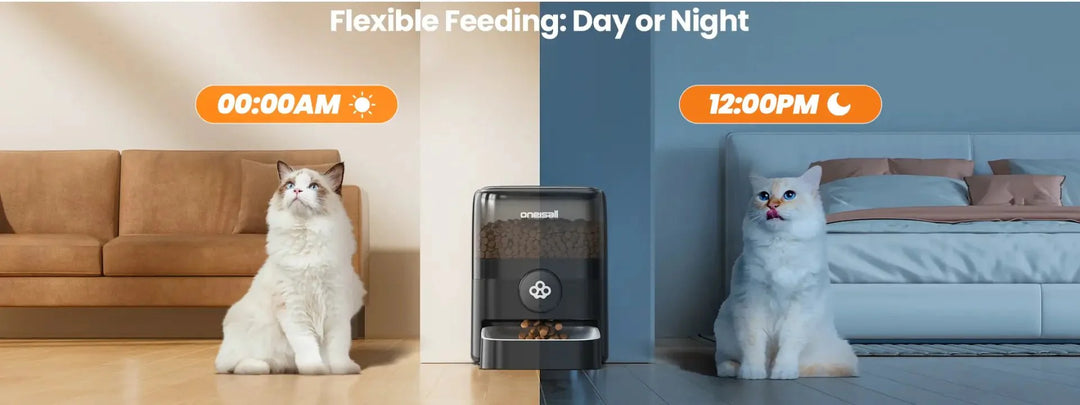
Cats can survive for 1-2 weeks without food, but it’s crucial not to let them go more than 24 hours without eating. Extended periods without food can lead to serious health risks. It’s important to monitor your cat closely for signs of illness or unusual behavior. In this article, we will explore how long cats can safely go without food and what steps you should take if your cat refuses to eat.
Why Is My Cat Not Eating? Understanding the Causes
If your cat isn’t eating, it could be due to various reasons, including health issues, stress, or food preferences. Here are some common causes:
Health Conditions That Could Cause a Cat to Stop Eating
Underlying health issues like kidney disease, pancreatitis, or infections can lead to a loss of appetite. These conditions cause nausea, pain, and general discomfort. It's essential to consult a vet to rule out serious medical problems.
Dental Problems Impacting Eating
Painful dental issues such as gingivitis, broken teeth, or abscesses can make eating uncomfortable for cats. If your cat is pawing at its mouth or avoiding food, dental problems might be the cause. A vet visit can help resolve these issues.
Gastrointestinal Issues Affecting Appetite
Vomiting, diarrhea, or constipation can cause gastrointestinal distress, leading to a decrease in appetite. These digestive problems make cats feel unwell. If your cat is showing these symptoms, consulting a vet is recommended to address the root cause.
Stress and Behavioral Changes
Cats are sensitive to changes in their environment, such as a new pet, a move, or a disrupted routine. Stress can cause a cat to stop eating. Try to minimize stress in their environment to help them feel more comfortable.
Respiratory Infections and Smell Loss
Respiratory infections or a stuffy nose can reduce a cat’s ability to smell and enjoy its food. If your cat is having trouble breathing or showing nasal congestion, this could be the reason for their lack of appetite. A vet can determine if an infection is the cause.
Food Preferences and Diet Changes
Cats can sometimes get bored with the food they're given. If your cat refuses to eat, try offering different flavors or textures. Changing up their diet might rekindle their interest in food.
Infections and Vaccination Side Effects
Infections or vaccination side effects can also cause temporary loss of appetite. If your cat is recovering from an infection or has just been vaccinated, this may explain the lack of interest in food. This usually resolves on its own.
Access to Other Food Sources
If your cat spends time outdoors or has access to other food sources, it might be eating elsewhere. Cats are often picky eaters and may refuse food if they are getting enough nutrition from another source.
Inappropriate Diet or Overfeeding
An inappropriate diet or overfeeding can lead to a loss of appetite. Cats that are given too much food or the wrong type may stop eating regularly. Ensure you’re feeding a balanced diet appropriate for your cat’s age and activity level.

What Are the Risks of Prolonged Fasting in Cats?
Fasting for an extended period can pose serious risks to your cat’s health. It’s important to recognize the signs and take action promptly.
Hepatic Lipidosis – A Life-Threatening Condition
Prolonged fasting can lead to hepatic lipidosis (fatty liver disease), which occurs when the liver struggles to process stored fat. This condition is potentially fatal and requires immediate veterinary care.
Why Are Cats Susceptible to Fatty Liver Disease?
Cats are especially vulnerable to hepatic lipidosis due to their high metabolic rate and reliance on protein. When a cat doesn’t eat, their body breaks down fat for energy, which can overwhelm the liver. This can result in serious health issues.
Recognizing the Signs of Prolonged Fasting
If your cat hasn’t eaten for more than 24 hours, look for symptoms such as lethargy, vomiting, jaundice (yellowing of the eyes or skin), and dehydration. These signs indicate that your cat may be suffering from the effects of prolonged fasting and needs medical attention.
Dehydration as a Result of Fasting
Even if your cat is drinking water, a lack of food can lead to dehydration. Without proper nutrition, hydration levels drop quickly, leading to serious complications. Dehydration can escalate into a medical emergency if not addressed.
A Weakened Immune System from Lack of Nutrition
Prolonged fasting weakens your cat's immune system, making it more vulnerable to infections. Without adequate nutrients, the body’s ability to fight off disease decreases, putting your cat at greater risk of developing other health problems.
Seeking Veterinary Care Early
If your cat refuses to eat for more than 24 hours or shows concerning symptoms, contact a veterinarian immediately. Early intervention can prevent the escalation of health issues and ensure your cat receives the care they need.

How to Recognize Signs of Illness in Cats That Haven’t Eaten
If your cat isn’t eating, it’s important to look for signs of illness. These changes could indicate underlying health problems that require veterinary attention.
Lethargy and Reduced Activity Levels
If your cat is eating less and becomes unusually lethargic or inactive, it could be a sign of illness. Cats that are unwell often spend more time hiding or sleeping. If this behavior persists, it’s a red flag.
Changes in Litter Box Habits
Any sudden changes in urination or defecation, such as urinating or defecating outside the litter box, could signal a health issue. If your cat’s litter box habits change drastically, it’s important to consult your vet.
Vomiting or Diarrhea
Frequent vomiting or diarrhea, especially in combination with a lack of appetite, should not be ignored. These could be signs of gastrointestinal problems, infections, or more serious conditions.
Difficulty Breathing
Struggling to breathe, panting, or rapid, shallow breathing could indicate a respiratory issue. This is a serious concern that requires immediate attention from a vet.
Changes in Coat Appearance
Illness can cause a cat’s coat to lose its shine, become unkempt, or result in excessive shedding. If you notice changes in your cat’s coat, it could be a sign of an underlying health problem.
Weight Loss or Decreased Appetite
Even subtle weight loss can indicate that your cat is unwell. Cats are skilled at hiding illness, so if you notice weight loss or a significant drop in appetite, consult your vet.
Related Reading:What Is A Healthy Weight For A Cat?
Behavioral Changes or Increased Aggression
Sudden behavioral changes such as increased vocalization, aggression, or withdrawal could suggest that your cat is not feeling well. Any noticeable shift in behavior warrants a visit to the vet.
Bad Breath or Oral Issues
Persistent bad breath can indicate dental disease or other health problems. If your cat’s breath smells foul and they’re refusing food, it’s time to have their teeth and gums checked.
Hiding More Than Usual
If your cat is hiding more than usual, it could indicate they are in pain or discomfort. Cats often hide when they’re unwell, so be sure to monitor any changes in their behavior closely.
Urinary Problems
Straining to urinate, or urinating more or less than usual, may indicate urinary tract issues, such as infections or blockages. These conditions require immediate veterinary attention.
Abdominal Pain or Discomfort
Signs of abdominal pain, such as whining, reluctance to be touched, or arching their back, should not be ignored. These could point to gastrointestinal problems or infections, requiring prompt veterinary care.

If you're struggling to get your cat to eat regularly, consider using an automatic cat feeder. These devices allow you to schedule meals for your cat, ensuring they receive food consistently even when you're not home. An automatic cat feeder can help establish a routine and alleviate stress for both you and your pet, encouraging them to eat more regularly.
Make the Food More Appealing
Start by warming their food to enhance its aroma. You can also offer different food flavors, such as a mix of wet and dry food, or add toppers like tuna juice or low-sodium chicken broth to make it more appetizing.
Create a Positive Eating Environment
Ensure your cat's eating area is calm and stress-free. Place their food in a quiet spot away from distractions. Try hand-feeding small portions or offering several small meals throughout the day to stimulate their appetite.
Gradually Introduce New Foods
If your cat refuses their usual food, mix small amounts of new food with their current food to help them adjust. Be patient and allow them time to get used to the new flavors and textures.
Use Treats as Positive Reinforcement
Reward your cat with treats after they eat or try a new food. Positive reinforcement can help build a healthy eating routine and encourage them to eat more regularly.
Address Potential Medical Issues
If your cat’s lack of appetite persists, consult your veterinarian to rule out underlying health conditions. In some cases, appetite stimulants or other treatments may be necessary.
Be Patient and Consistent
Regaining your cat's appetite may take time, so be patient and consistent. Continue offering food regularly and try different strategies. With time, your cat should begin eating again when they feel more comfortable.
Can Kittens Go Without Food?
Kittens have different feeding needs than adult cats. Here's what you need to know about their nutritional requirements:
Age Matters for Kittens
Newborns and very young kittens cannot go long without food. They depend on frequent feedings to meet their nutritional needs. Going without food for just a few hours can lead to weakness and lethargy.
Related Reading:Kitten Feeding Chart By Age: A Comprehensive Guide
Older Kittens and Their Eating Needs
Older kittens have more tolerance but should still not go without food for more than 24 hours. They need regular meals to support their rapid growth and development.
Why Kittens Need Frequent Feeding
Due to their high energy needs, kittens require frequent feedings. Their small bodies can’t store enough nutrients, so skipping meals can lead to weakness and malnutrition. Regular feeding is essential for their well-being.
The Consequences of Not Eating
Kittens who don’t eat for extended periods can become malnourished, dehydrated, or develop serious conditions like hepatic lipidosis. These health issues need to be addressed immediately to prevent long-term harm.
When to Seek Veterinary Attention
If your kitten hasn’t eaten for 24 hours or shows signs of lethargy, weakness, or dehydration, seek veterinary care immediately. Early intervention can prevent further health complications.
Tips for Feeding Kittens
Feed your kitten frequently with kitten-specific food that meets their nutritional needs. Ensure they have access to fresh water and monitor their eating habits to prevent health issues.
Preventing Future Food Refusal in Cats
Here are some strategies to ensure your cat maintains a healthy eating routine:
Maintaining a Healthy Feeding Routine for Your Cat
Establish a consistent feeding schedule. Feeding at the same time each day helps your cat develop healthy eating habits. Cats thrive on routine, so sticking to a feeding schedule can prevent them from becoming finicky eaters.
Monitoring Your Cat’s Health to Prevent Appetite Loss
Keep an eye on your cat's health through regular vet checkups and monitor changes in their behavior. This proactive approach helps identify potential health issues early, preventing appetite loss caused by illness.
Conclusion
While cats can generally survive for 1-2 weeks without food, it's crucial not to let them go more than 24 hours without eating. Extended fasting can lead to serious health issues, so it's important to monitor your cat closely and seek veterinary help if necessary. Regular feeding, a consistent routine, and prompt action at the first sign of illness can help ensure your cat stays healthy and happy.







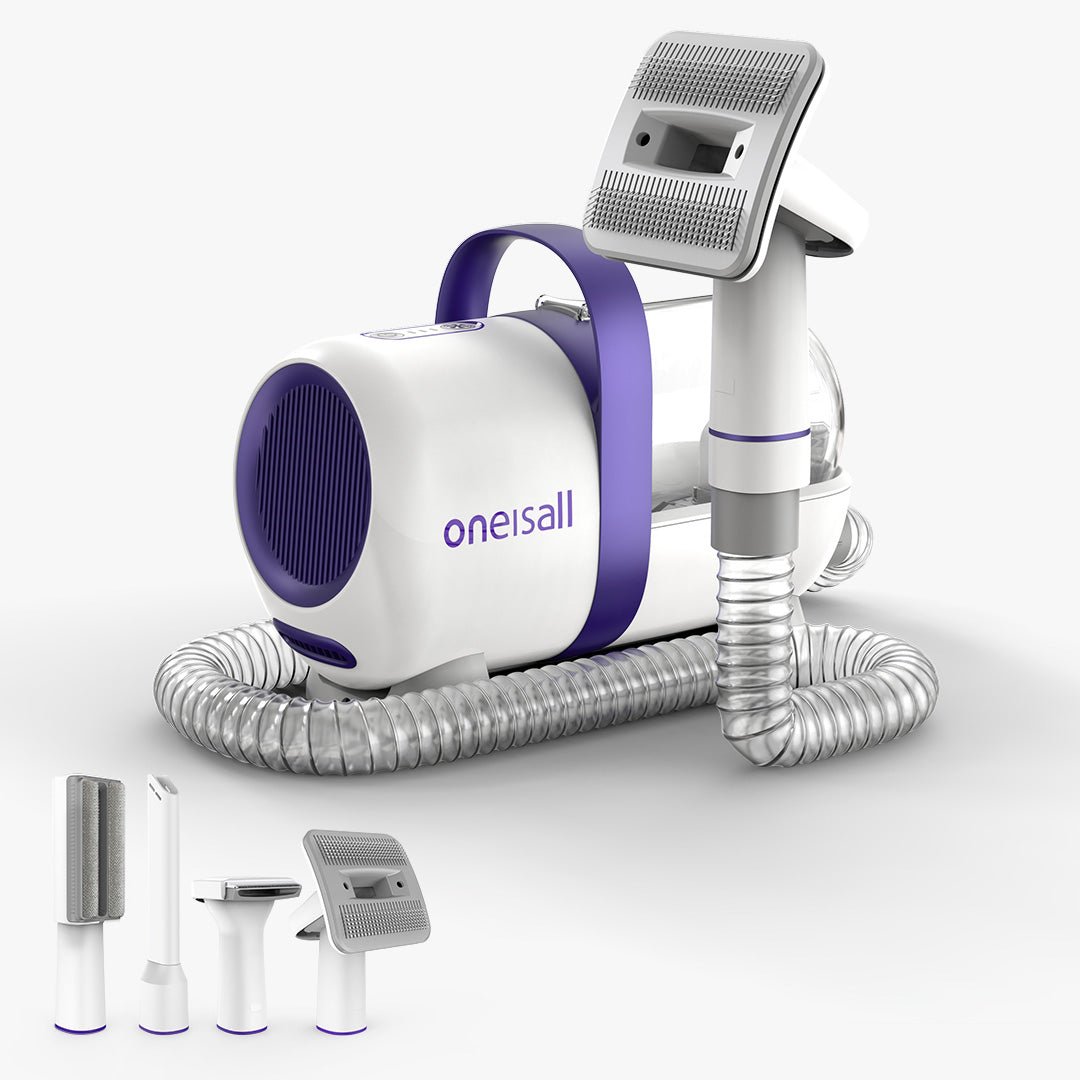
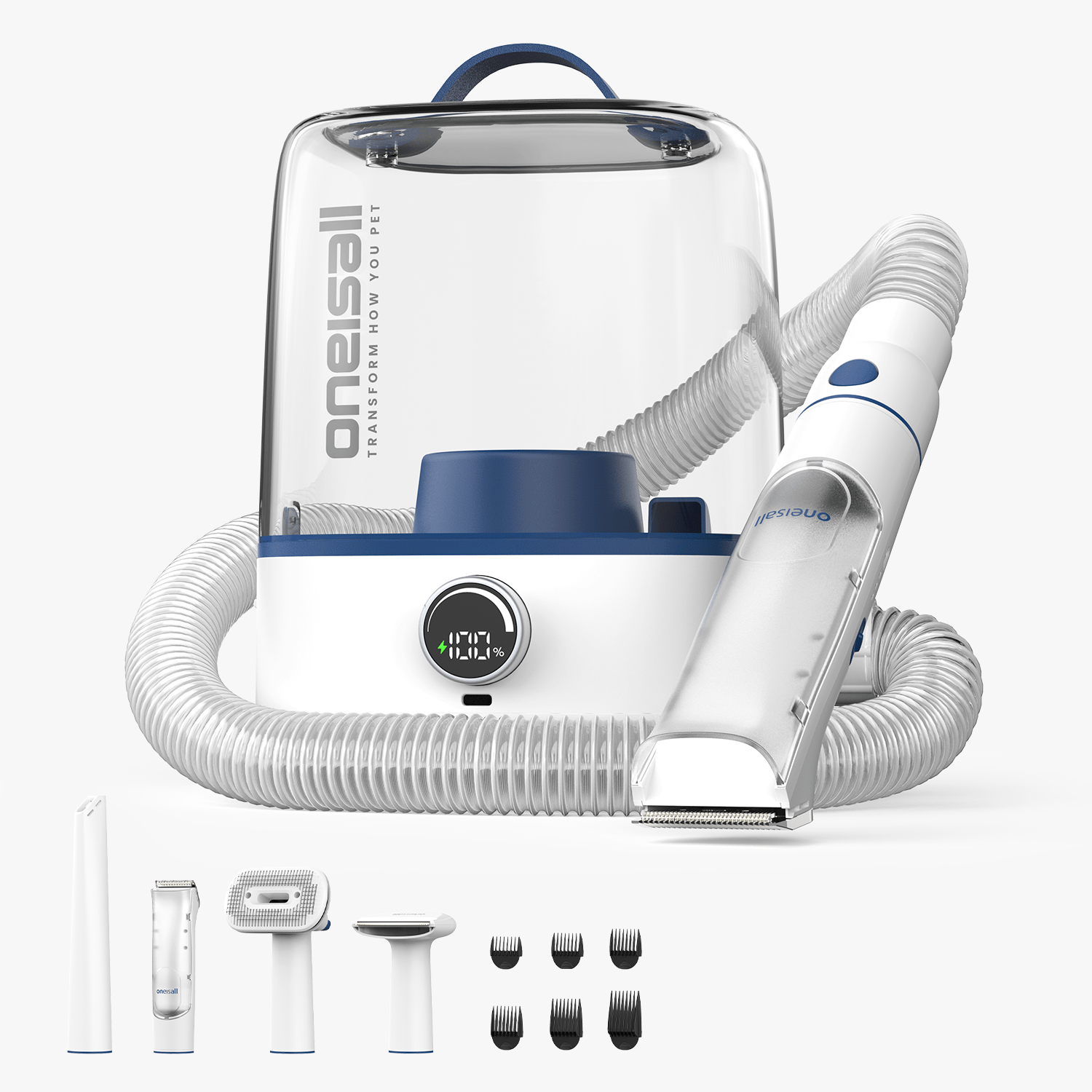
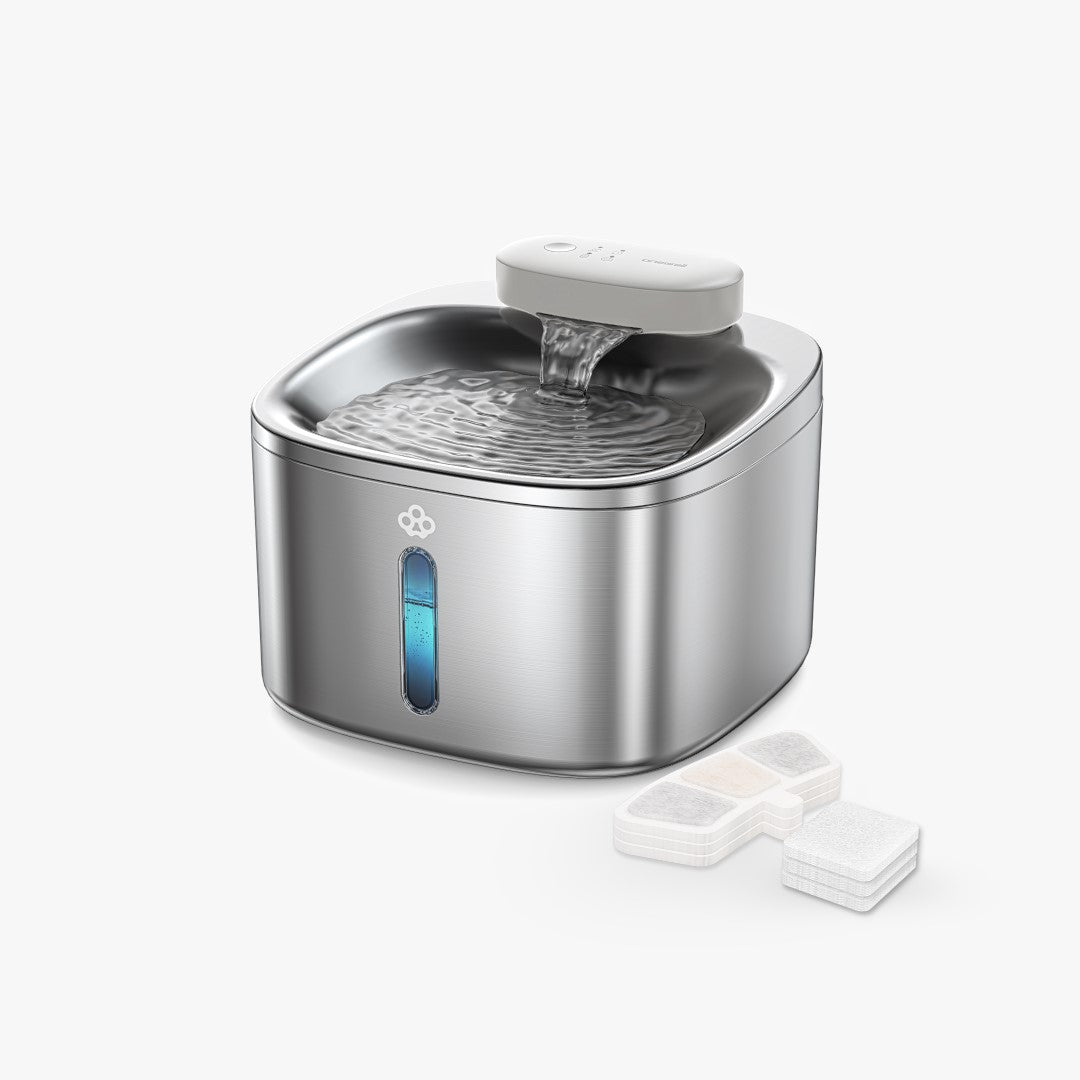

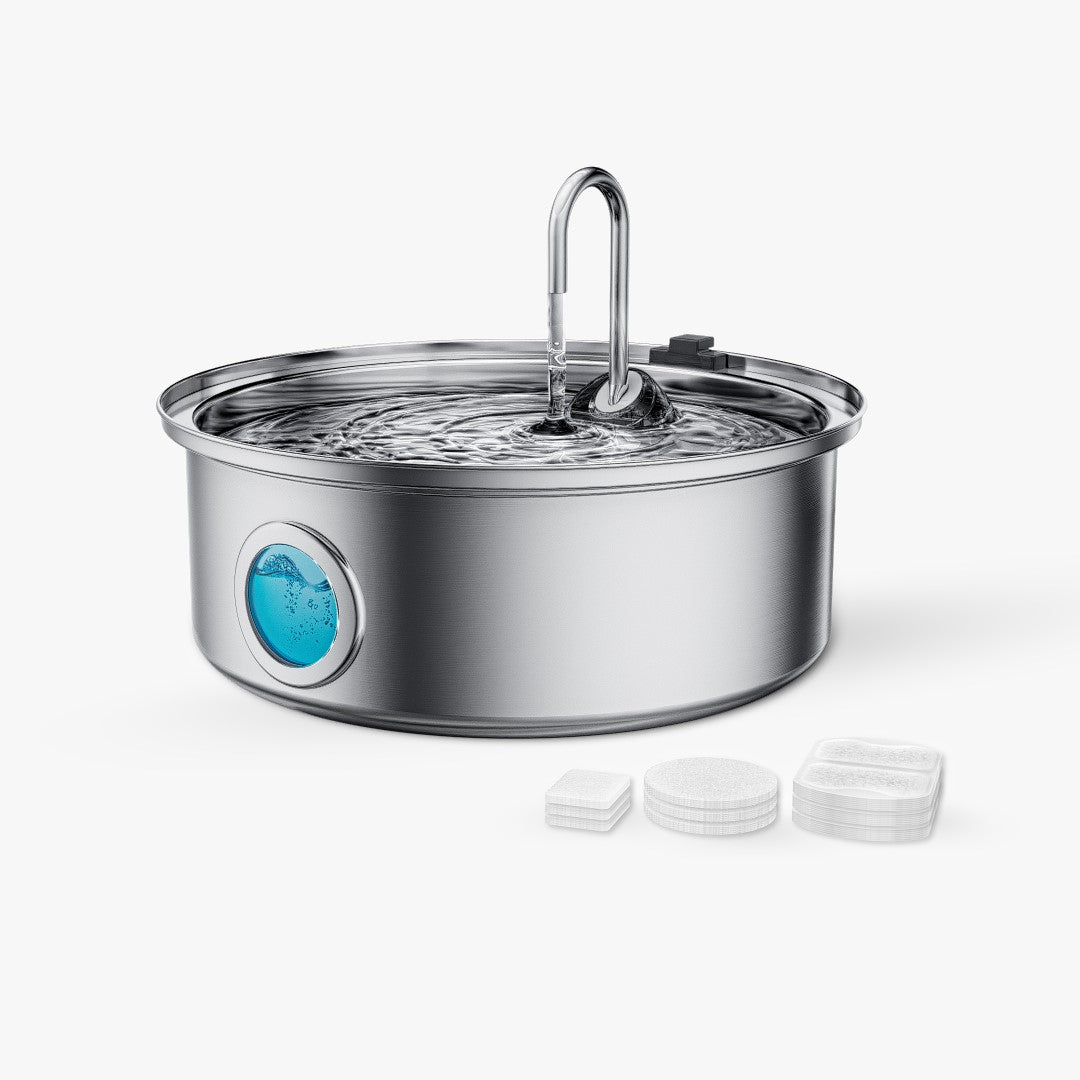
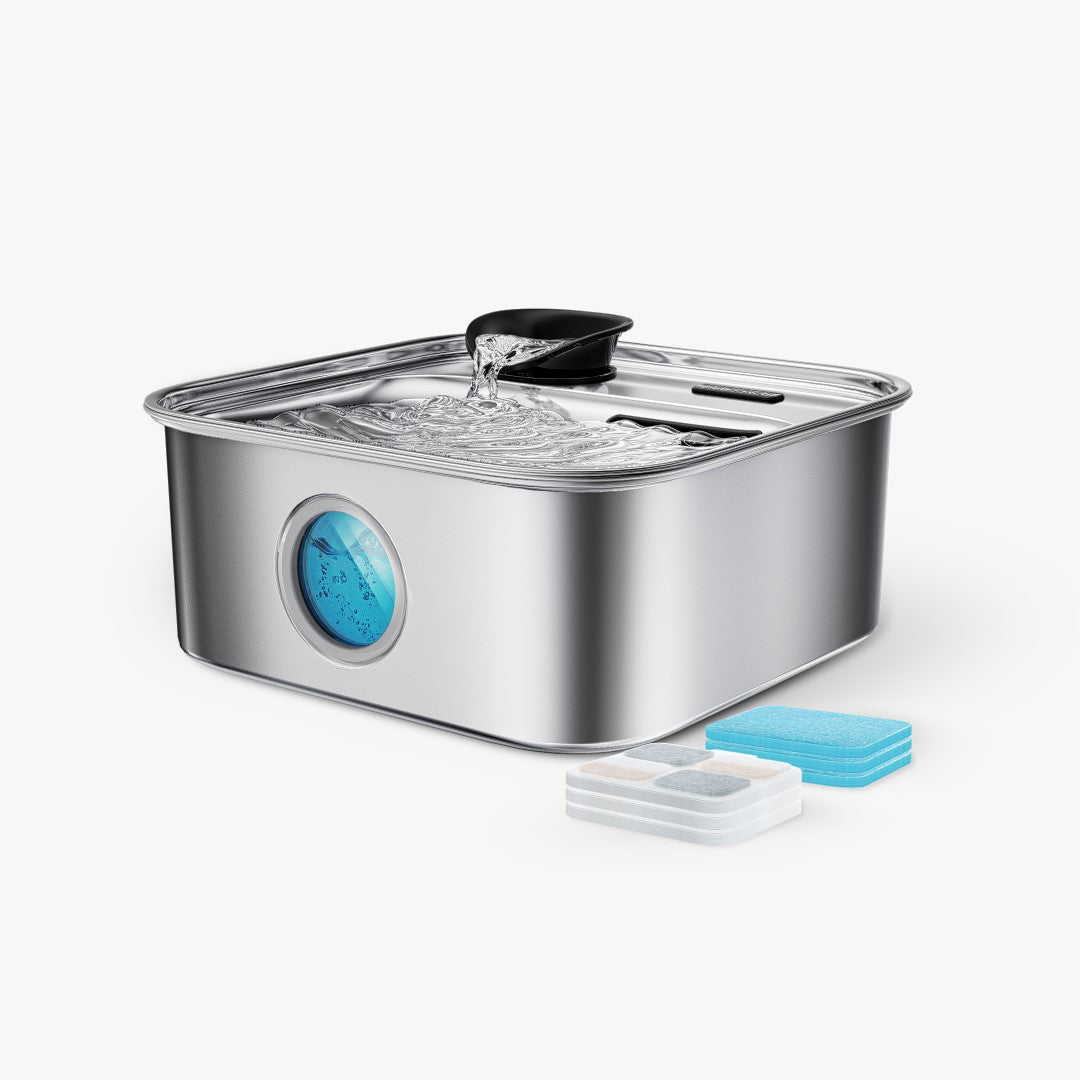
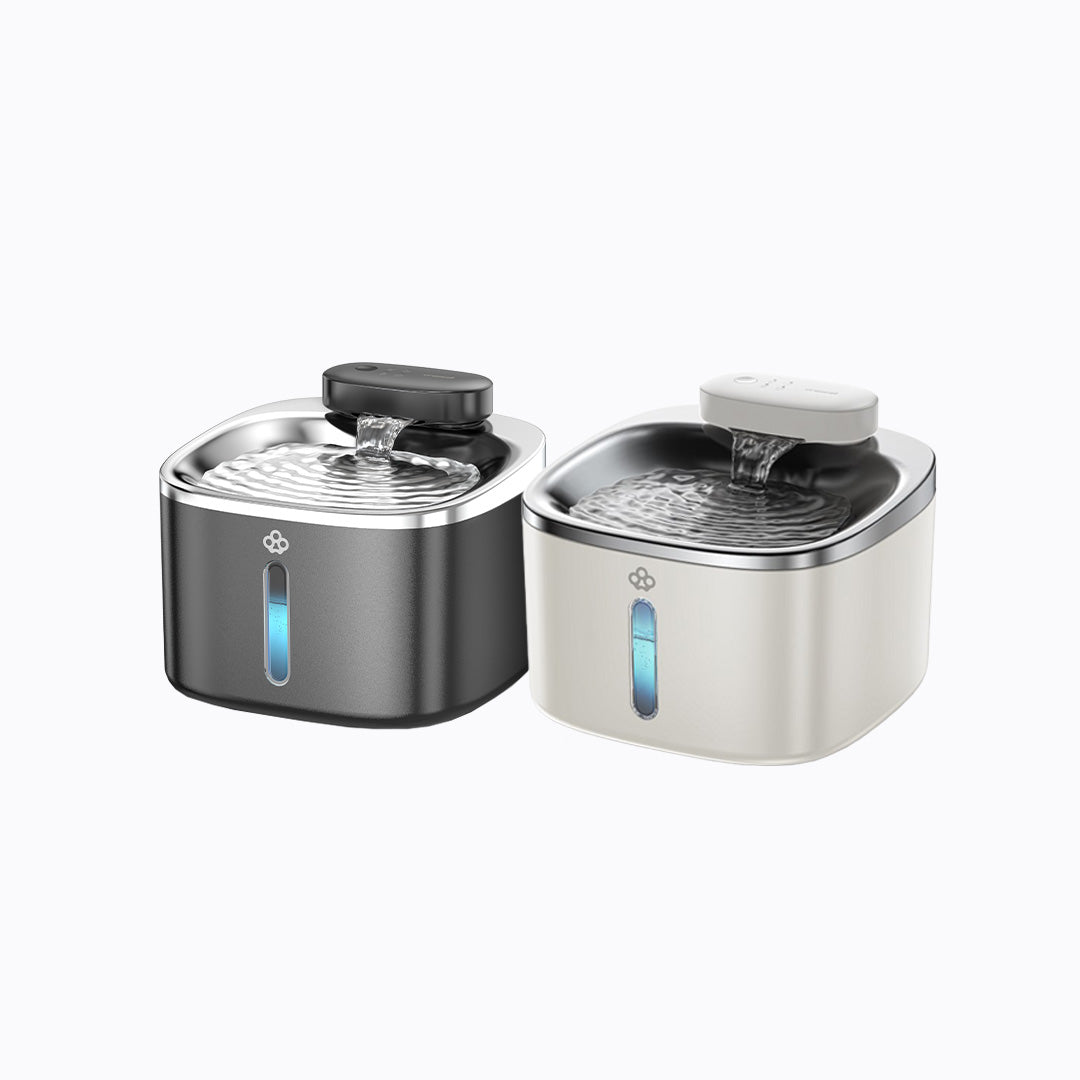
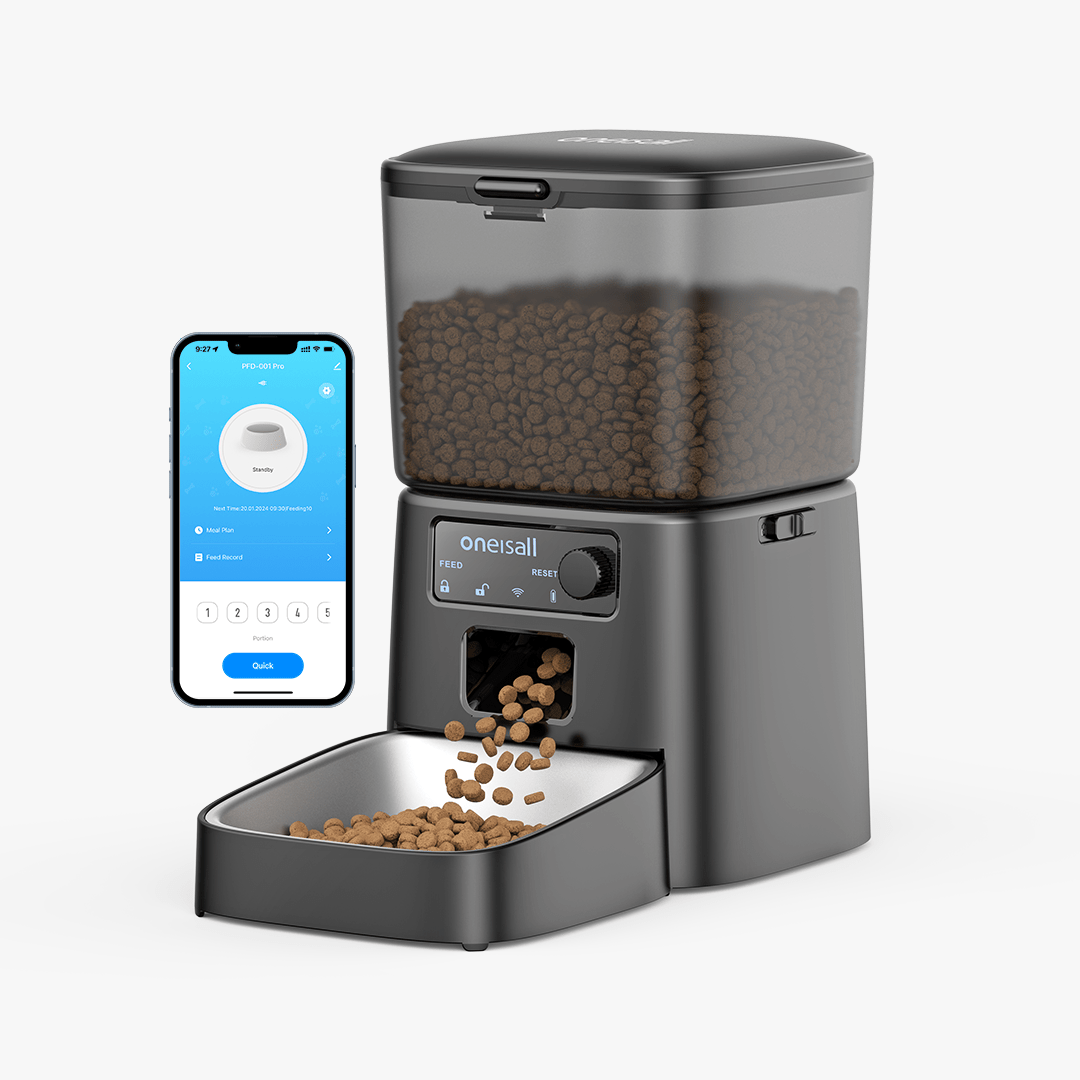

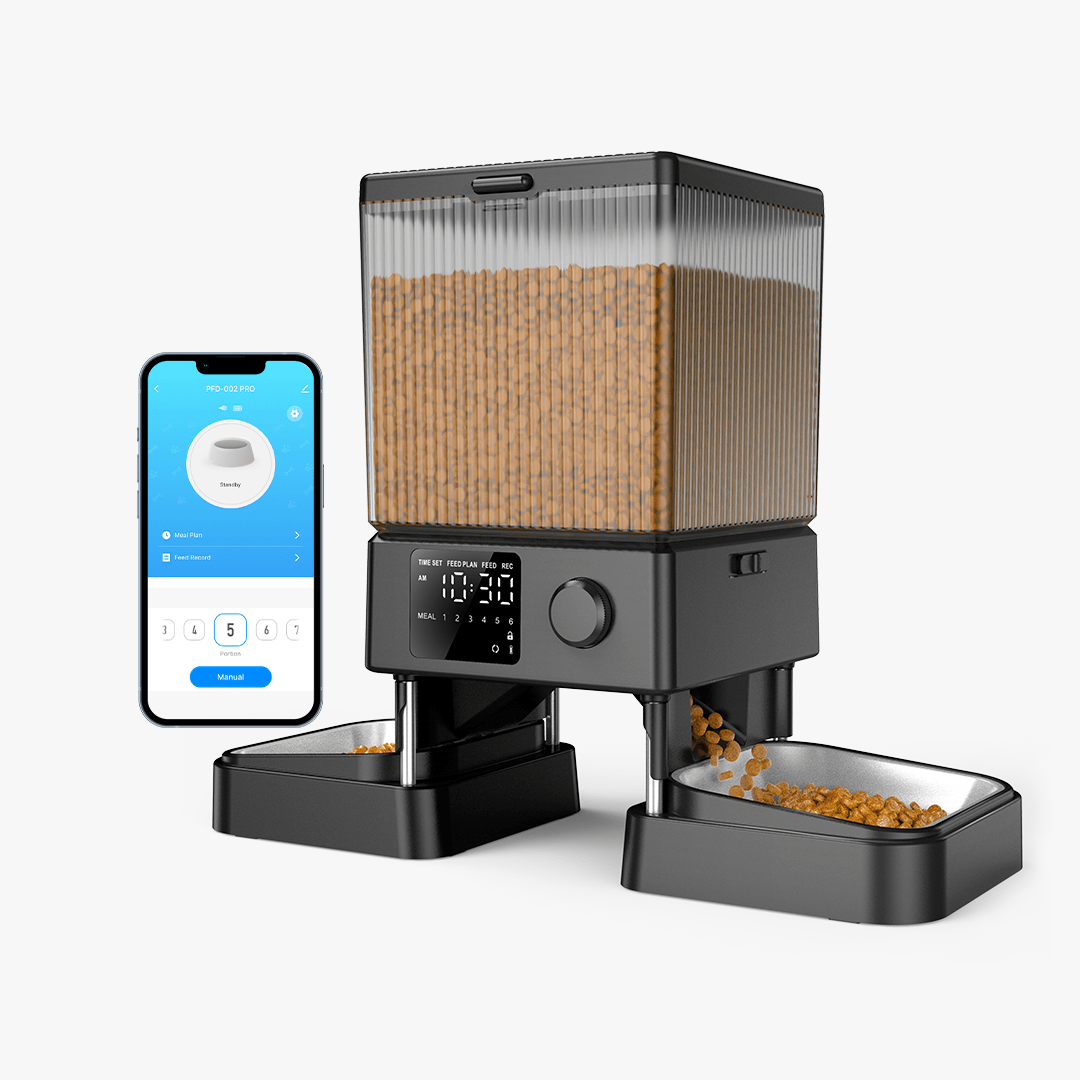
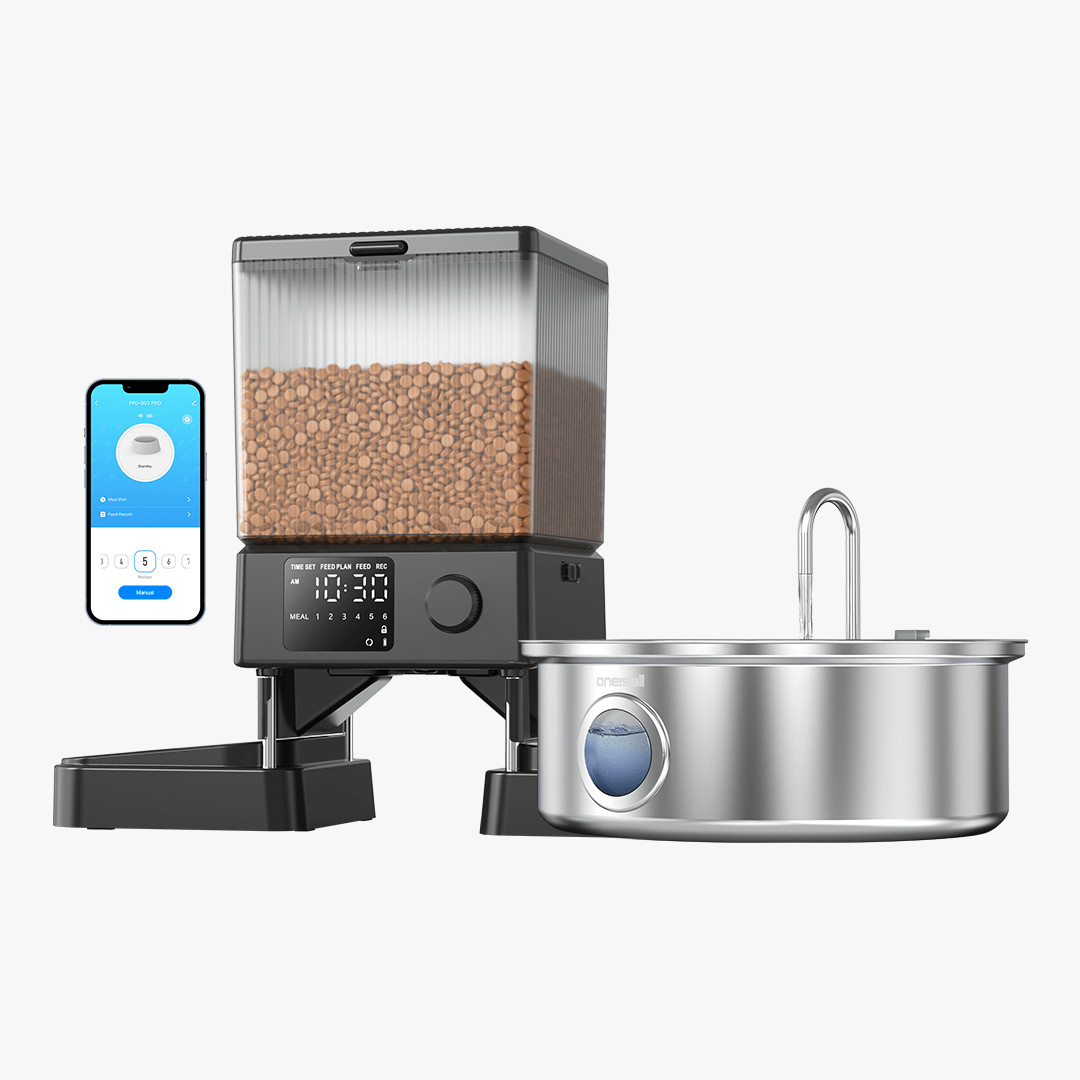


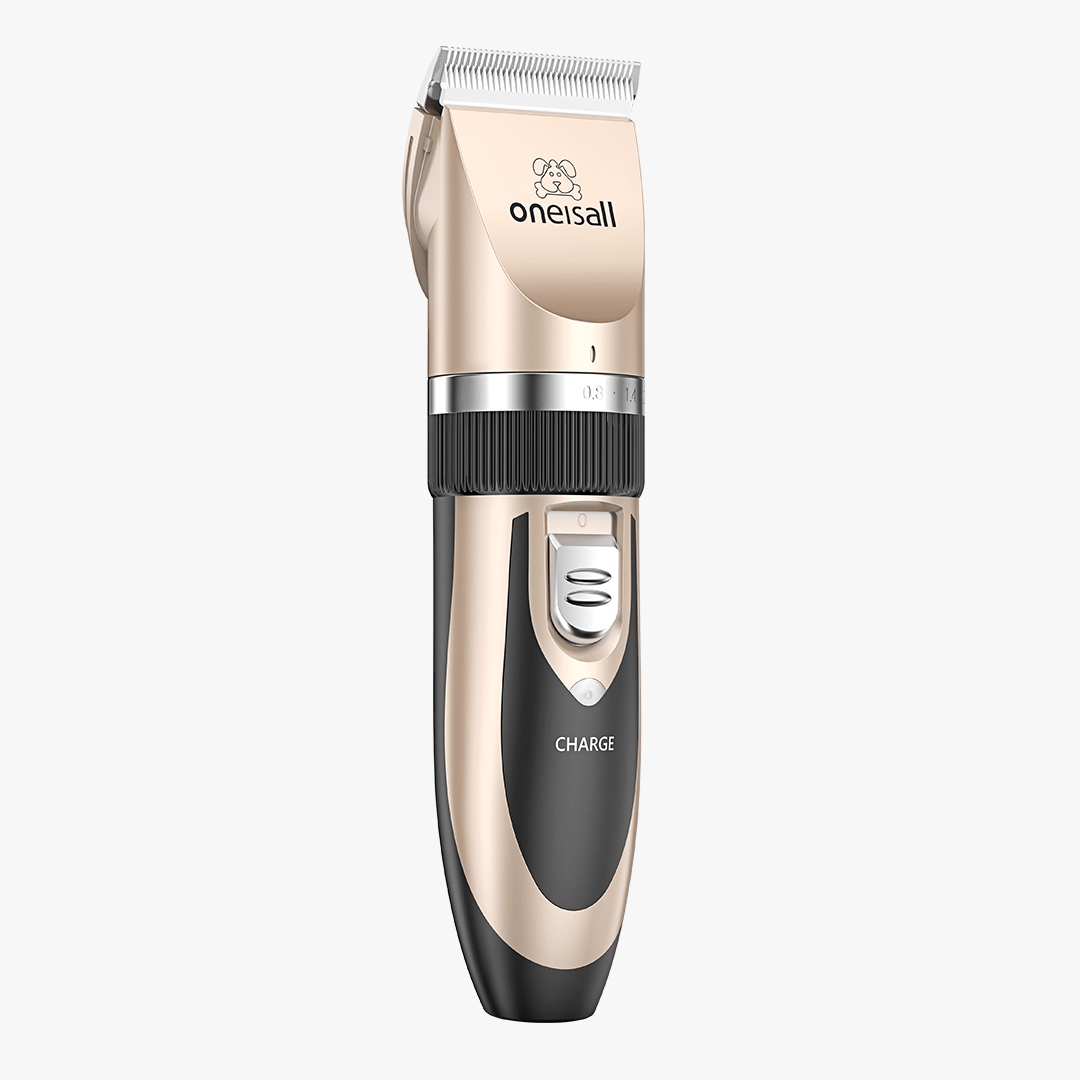
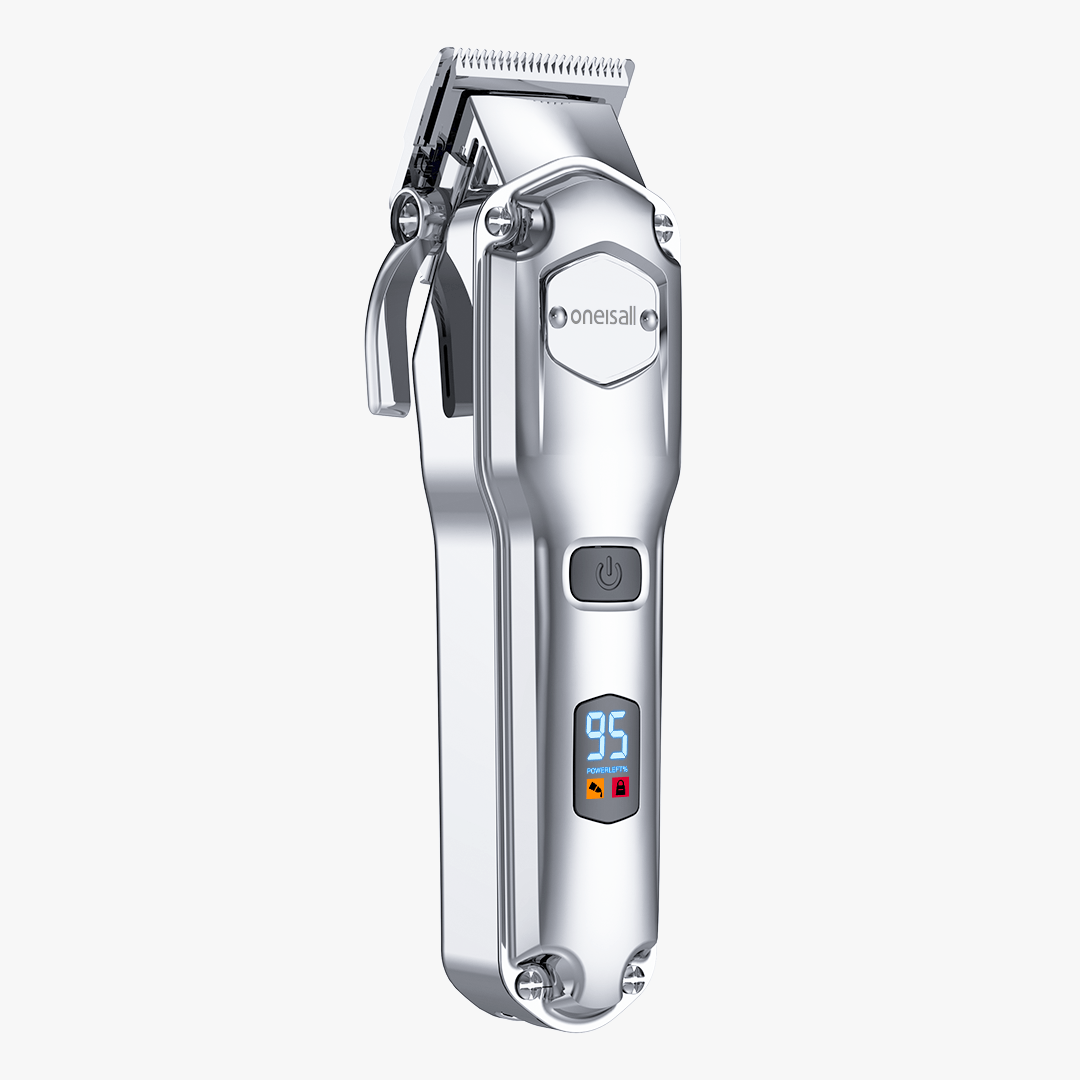
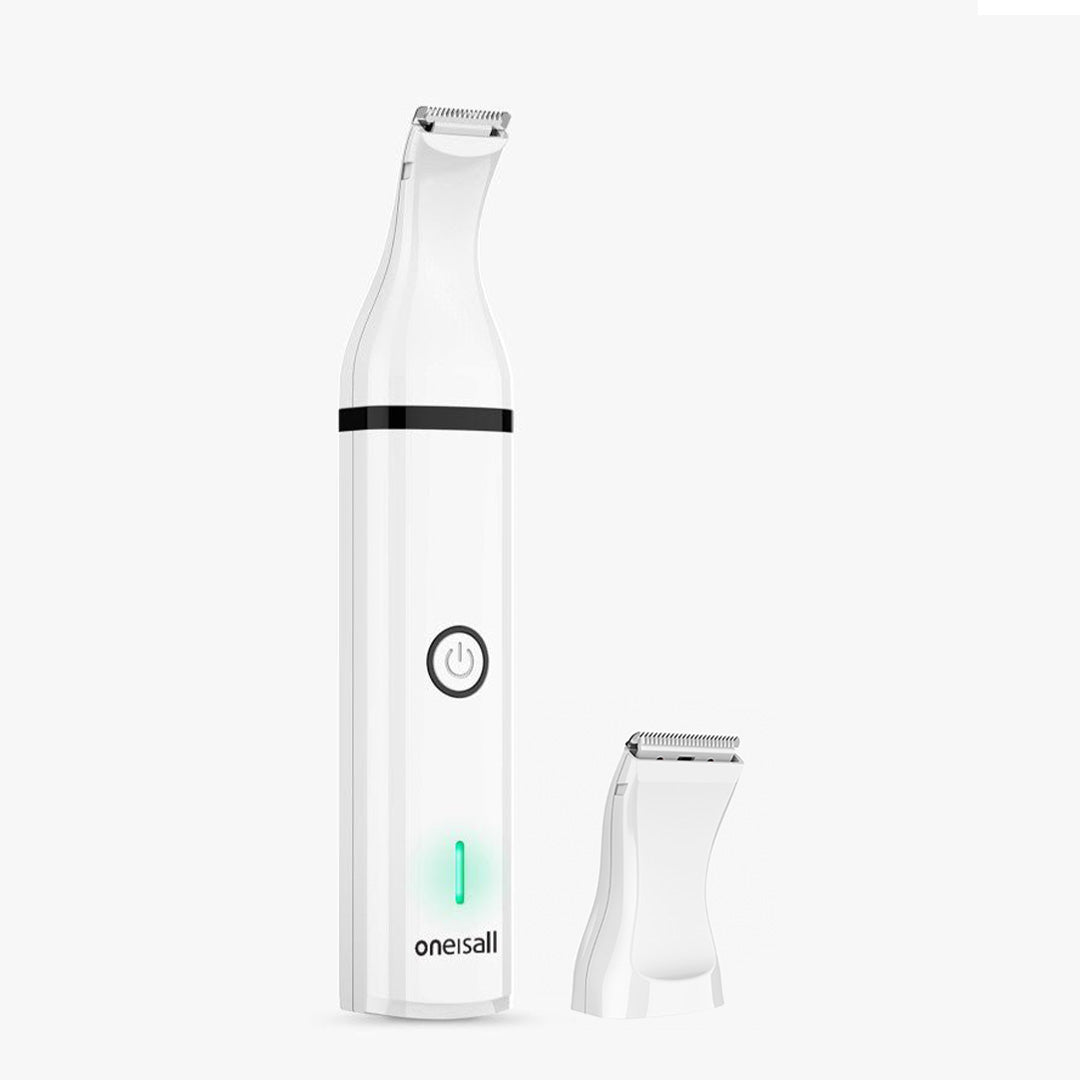

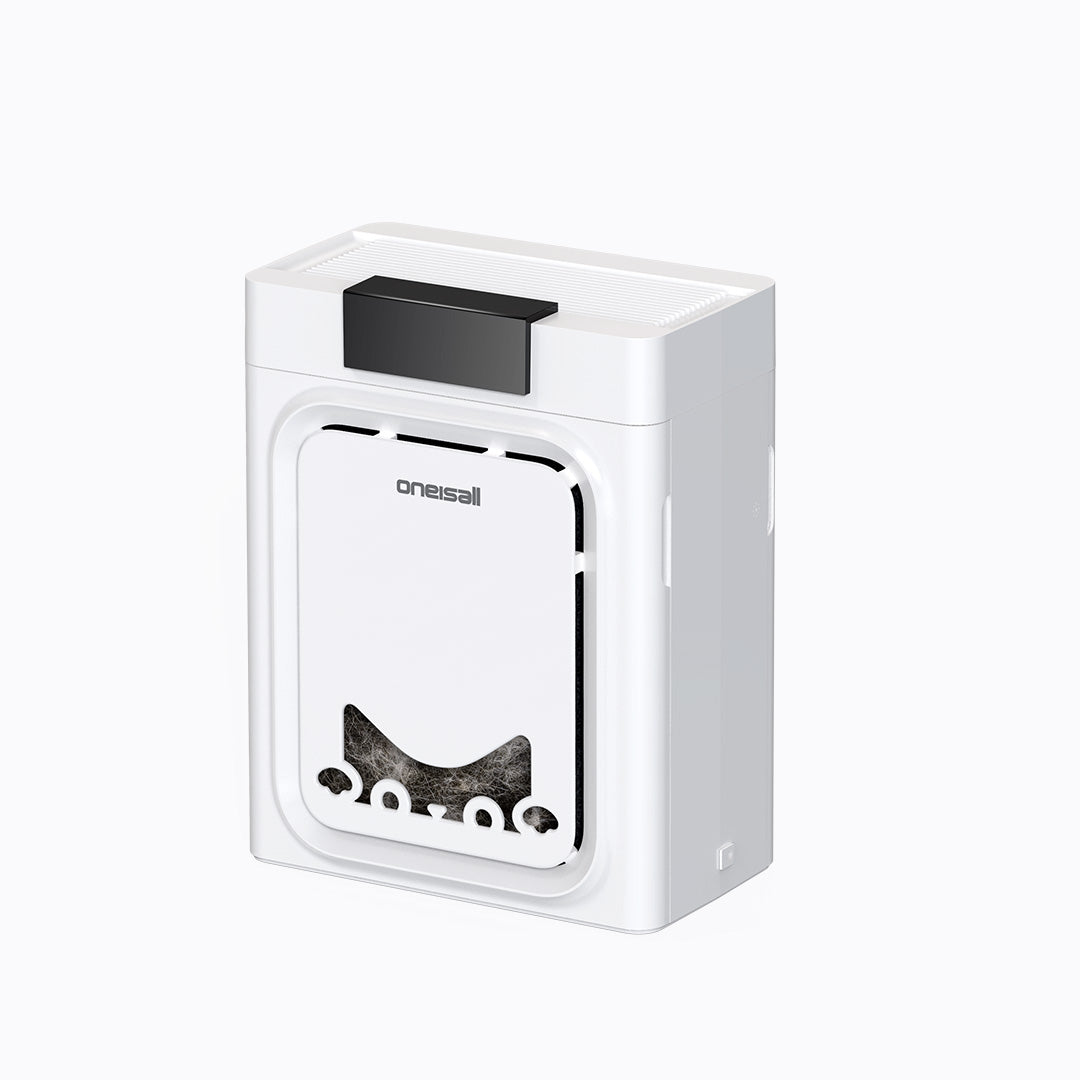
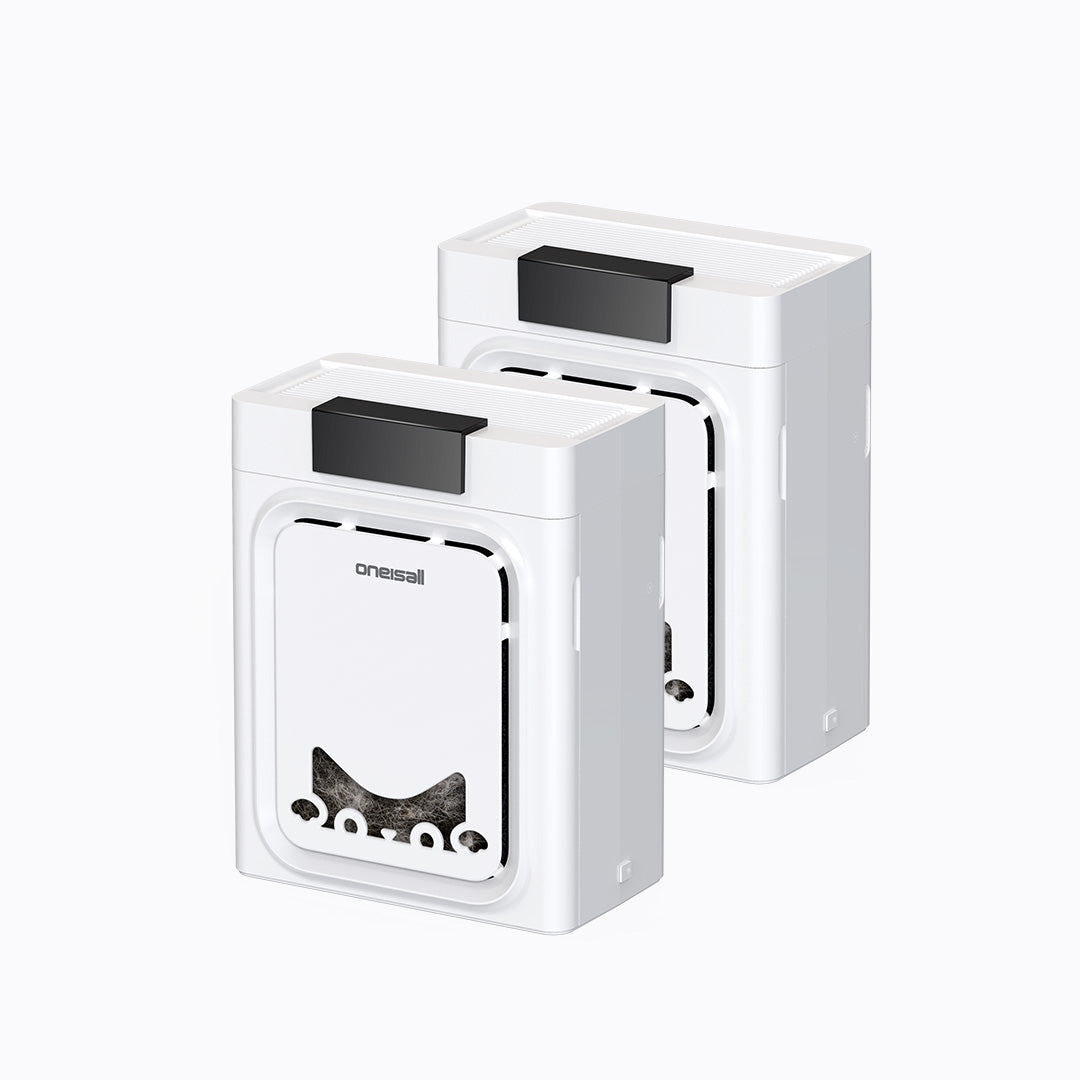
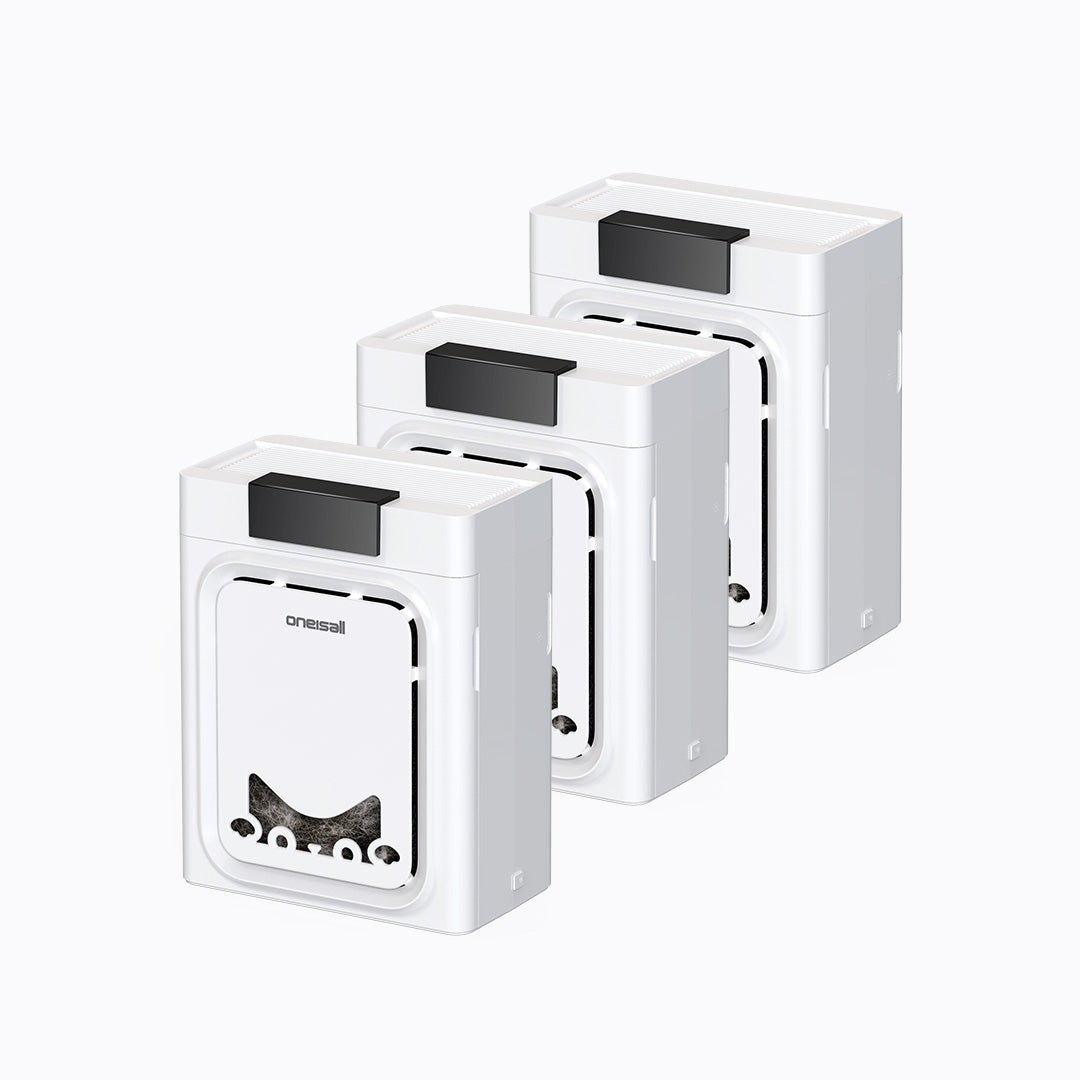
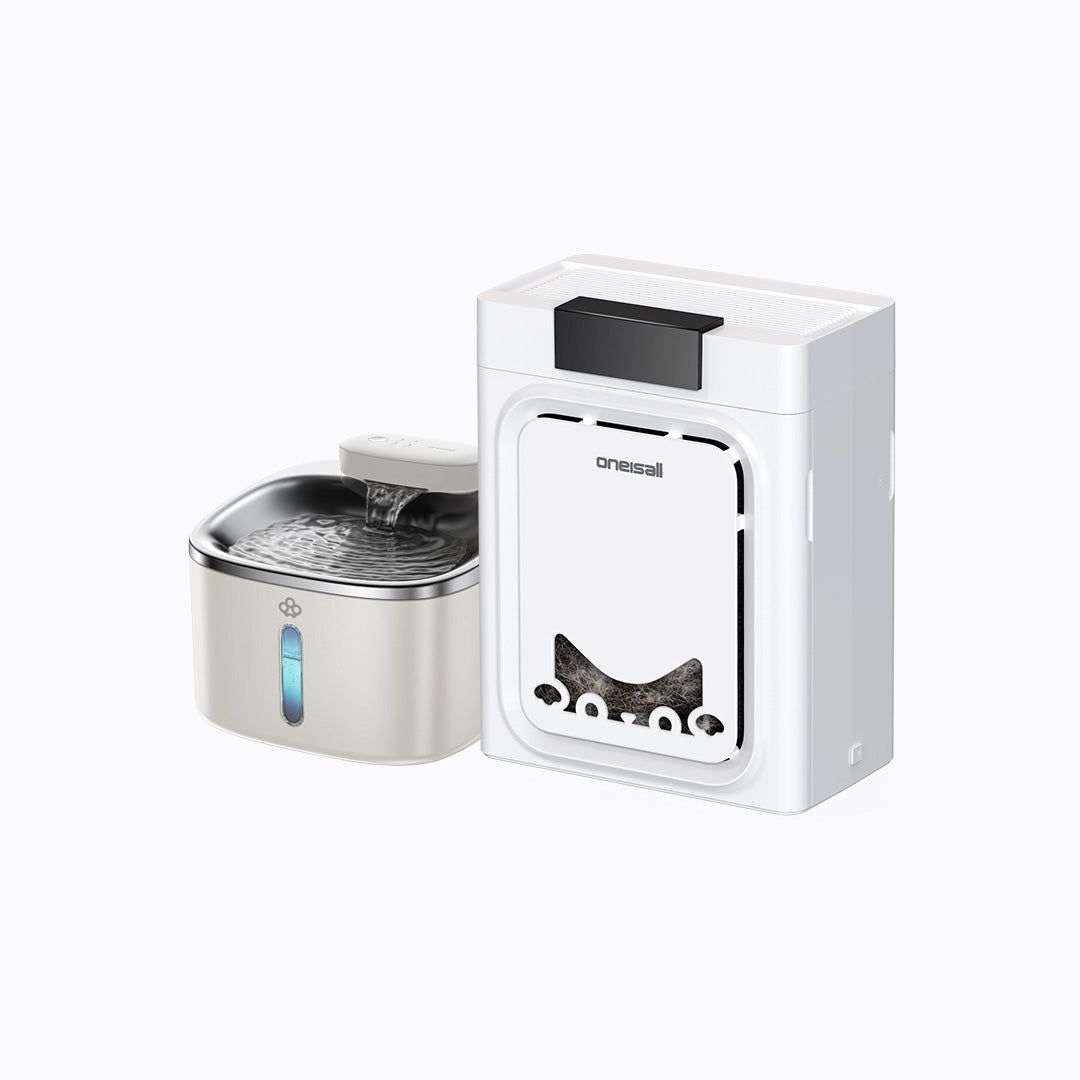
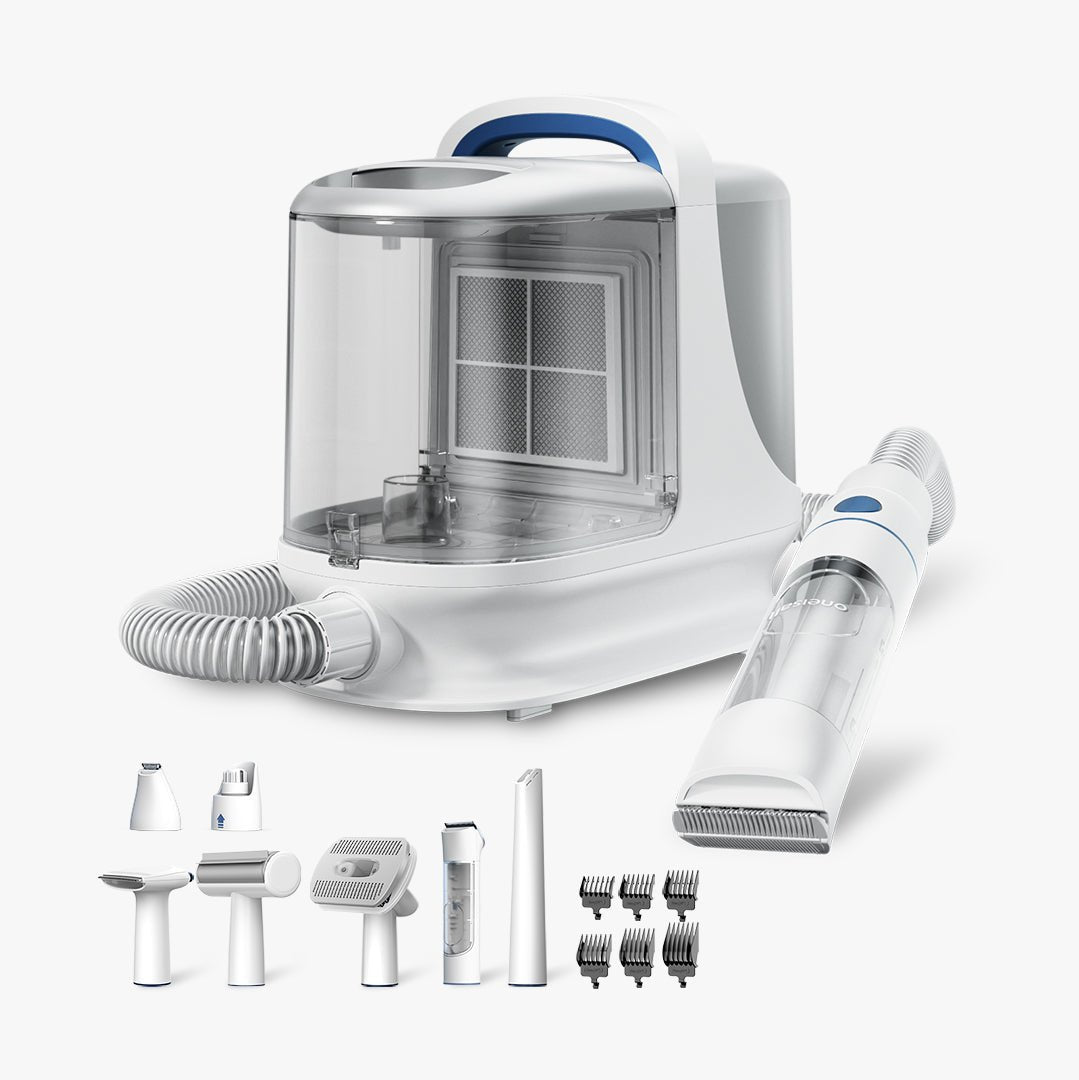
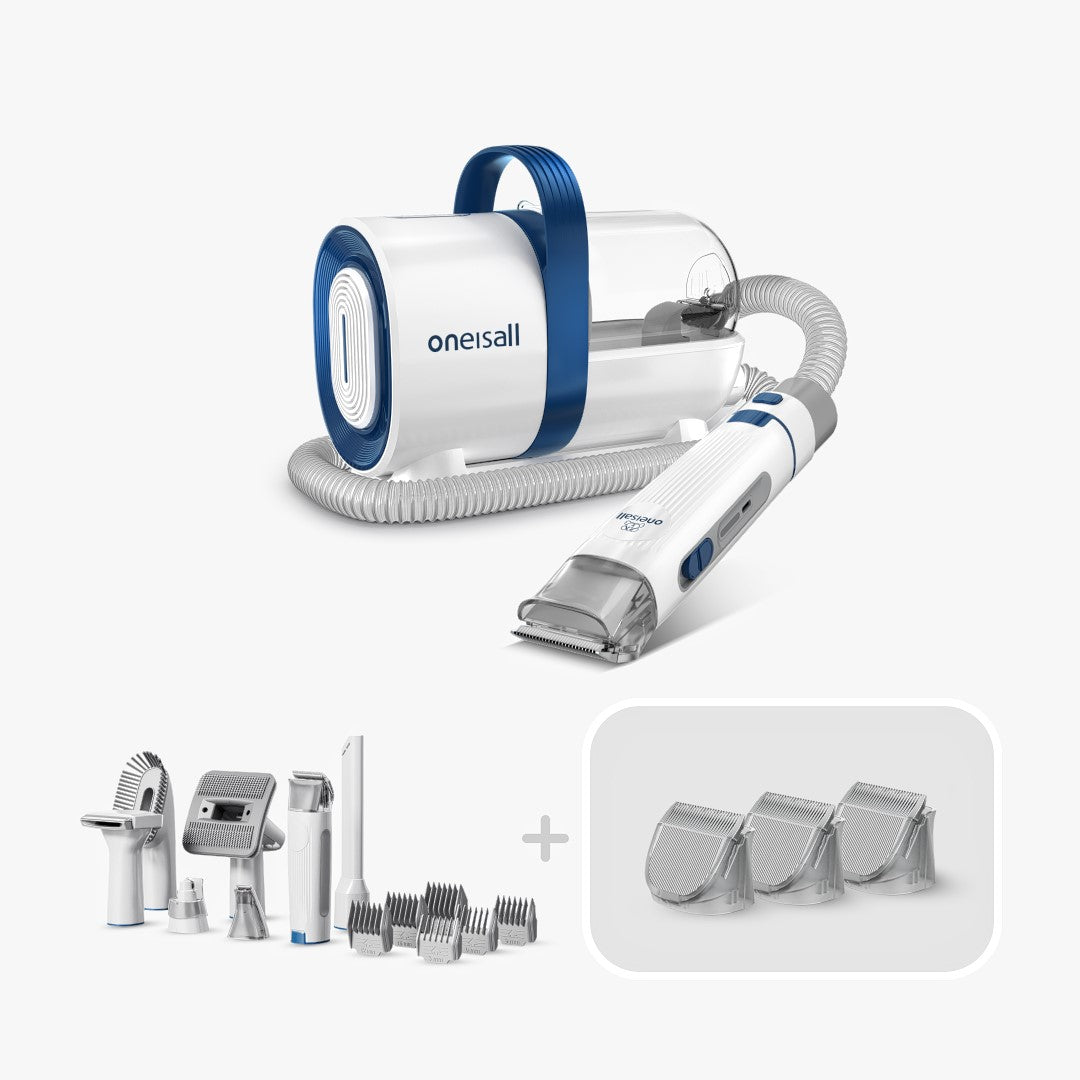
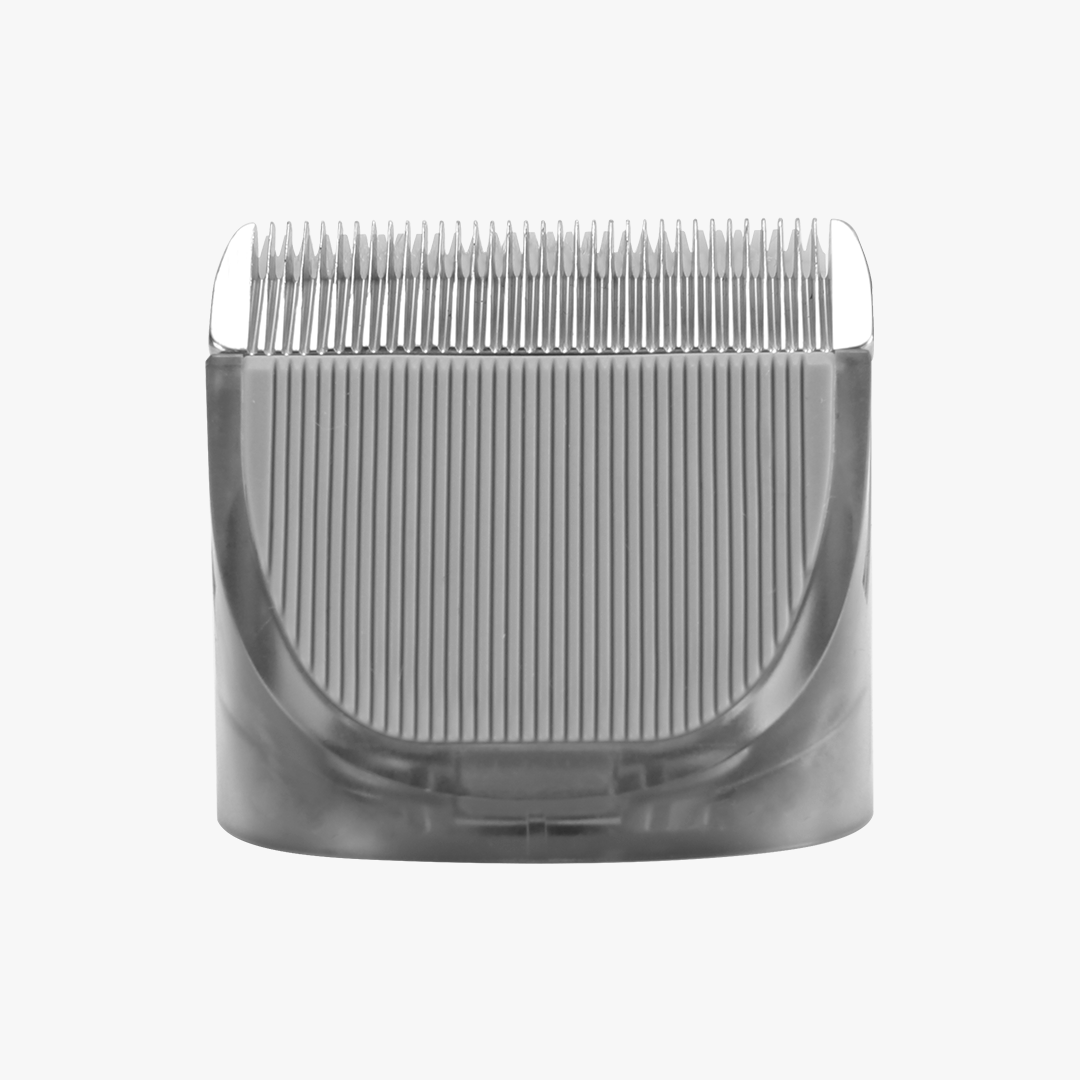
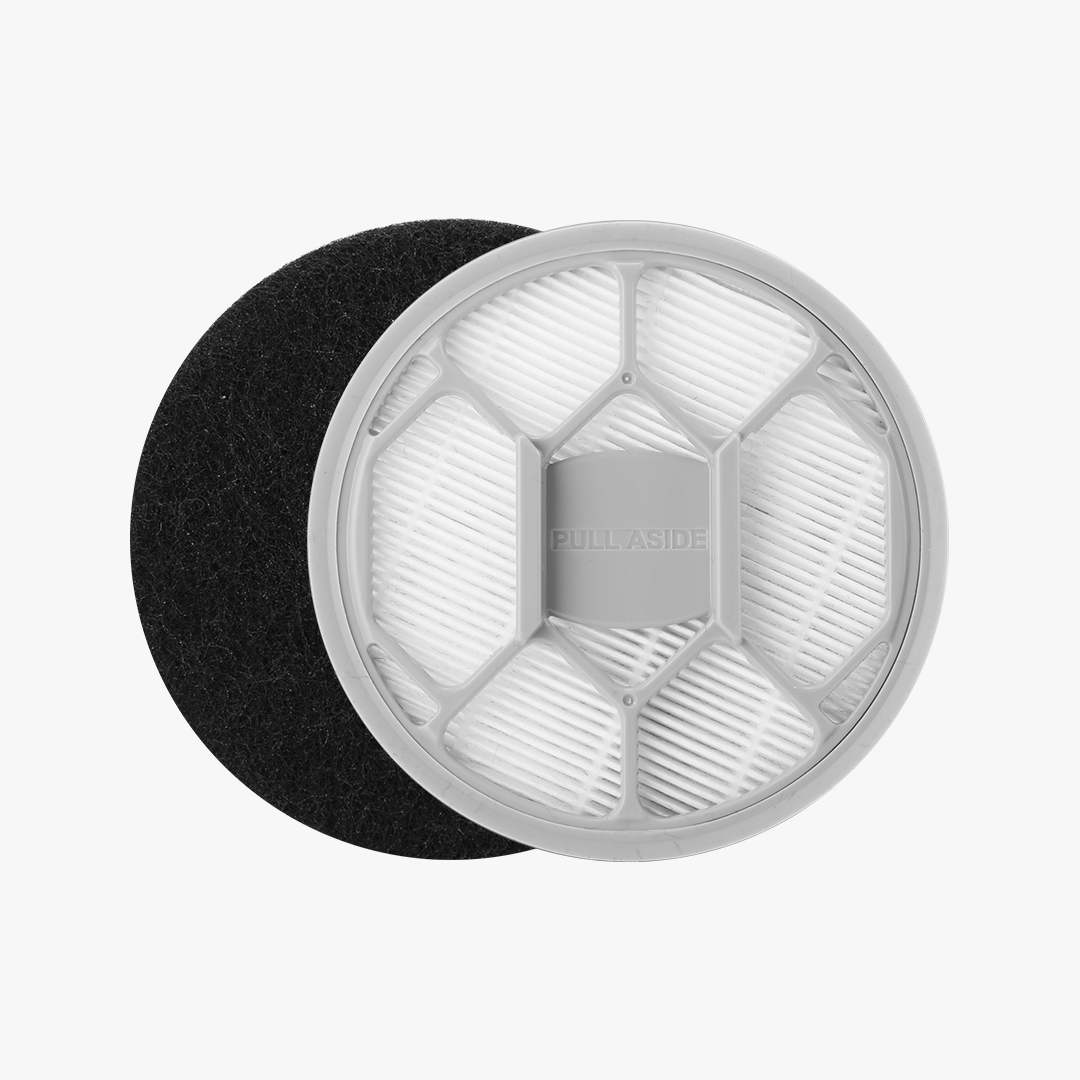
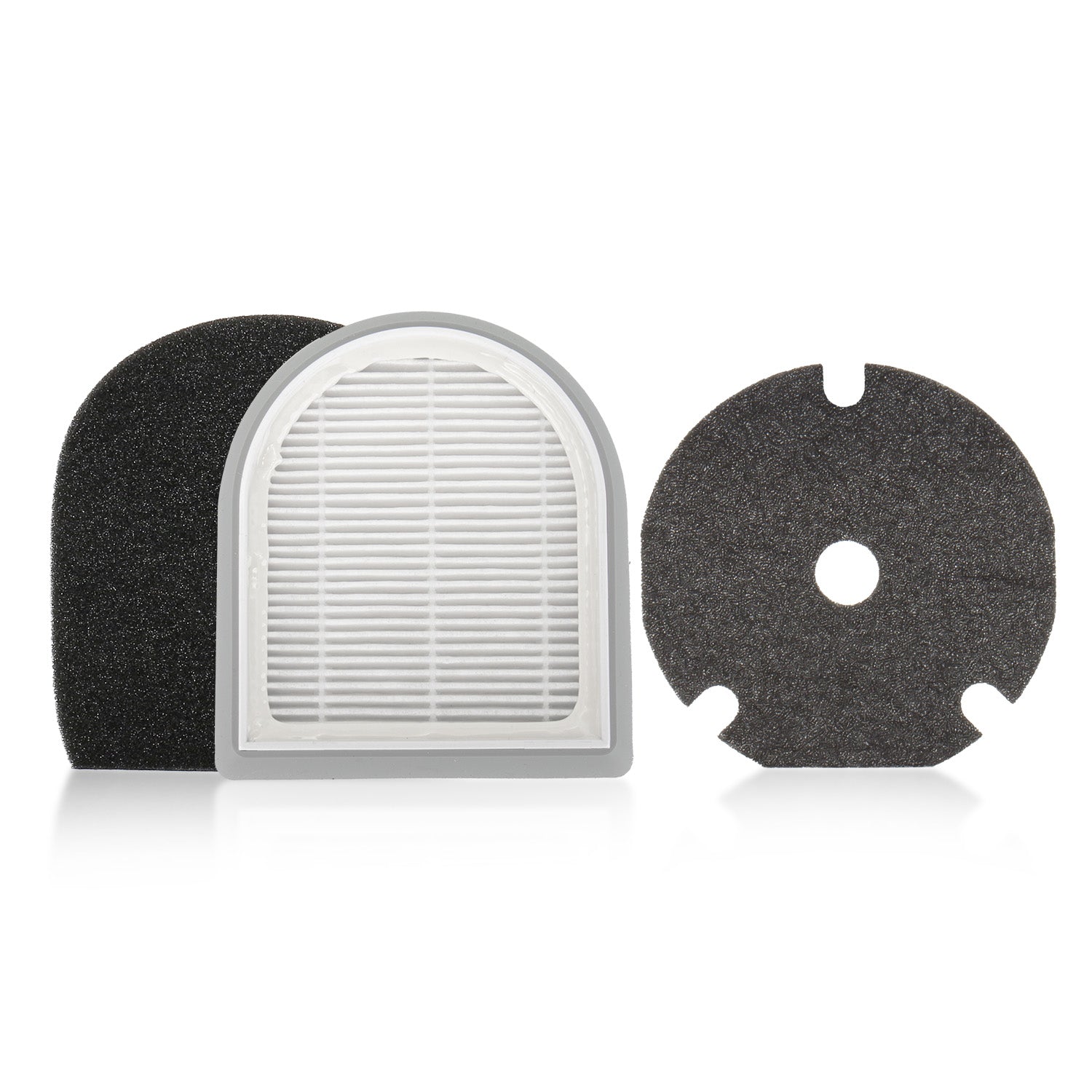
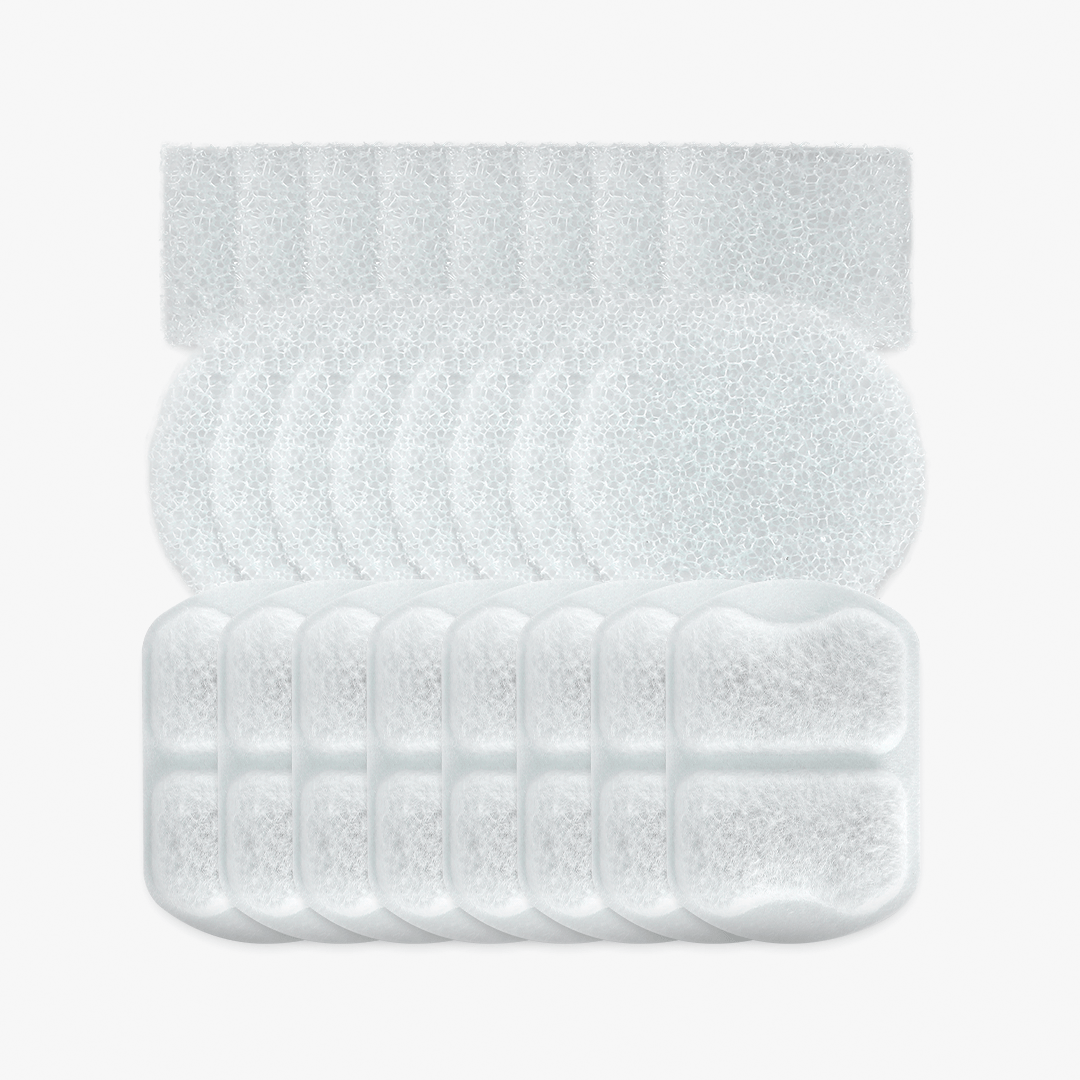
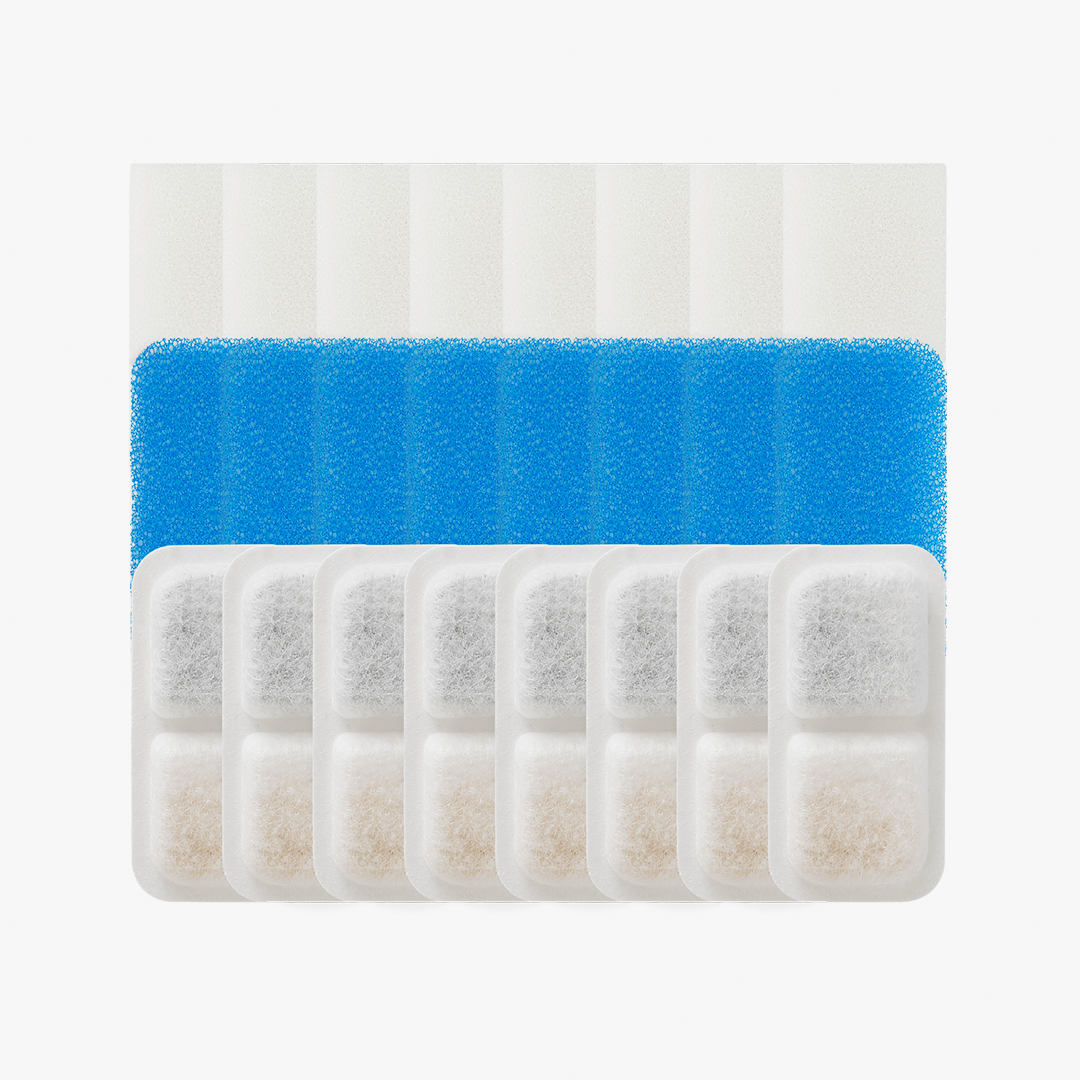
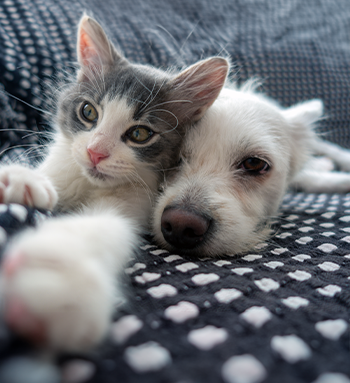
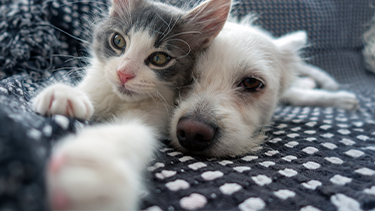
Leave a comment